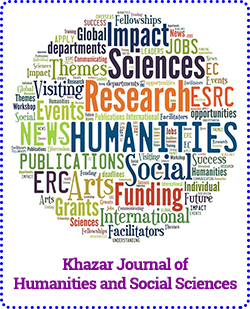Early Philippine Life and Hegemony in Bienvenido N. Santos’s The Volcano: A Cultural Studies Reading
DOI:
https://doi.org/10.5782/2223-2621.2021.24.3.5Keywords:
cultural studies reading, descriptive-analytical method, hegemonic practices, PhilippinesAbstract
This article critically explores the lessons learned from the previous colonizers, the Spaniards, which were taken into account by the new colonizers, the Americans, as depicted in Bienvenido N. Santos’s The Volcano. Reforms are not solely enforced by the Americans but also by the elite Filipinos, and these native elites were groomed to control the local populace while enjoying societal privileges.
Using the qualitative research and descriptive-analytical method, this article centers on hegemonic practices employed by the American colonizers during their occupation in the Philippines. The Americans institute reforms on institutional structures to prepare Filipinos on their journey to self-government. Hegemonic practices refer to the practices employed by the dominant group to build an alliance with the subordinate group through force and consent. In conclusion, most Filipinos see that subservience creates and perpetuates unequal power relations. Such effects do not pass unnoticed because of the powerless experience exploitation and marginalization.
Downloads








